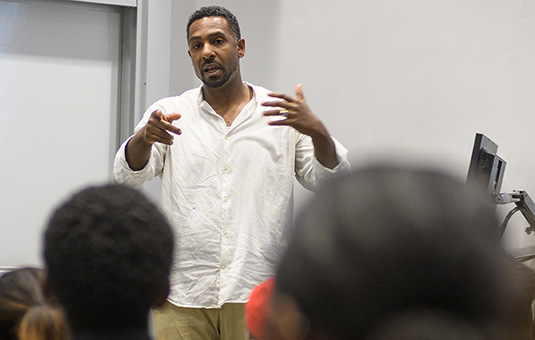
History
Protean Masculinity, Hegemonic Masculinity: Soldiers in the Third Reich
Document Type
Article
Abstract
Hegemonic masculinity in Nazi Germany, as well as in many militarized societies around the globe, meant physical, emotional, and moral hardness. The ideal man, embodied by the soldier, was tough and aggressive, in control of his body, mind, and psyche. He did not hesitate to sacrifice life and limb on behalf of the Fatherland, or to subordinate his individuality under the command of a conformist group of comrades. Whereas many scholars have already stressed these features of hegemonic masculinity, this article argues that the act of soldiering provided men with a male identity that was ultimately not defined by the repudiation, but rather integration, of what was (and is) often coded as feminine. In the social practice of male interaction, diversity and flexibility were needed, thus allowing for the display of femininely coded behavior like affection, tenderness, empathy, caring, and tolerance toward emotional breakdowns and moments of weakness in their midst. Thanks to its inclusive nature, such protean masculinity enabled different types of soldier-men to establish male identities; it also allowed them to switch among different emotional and moral states without losing their manliness. Yet, this was true only if the predominance of hardness was respected. Eventually, protean masculinity integrated diverse men and diverse emotional and moral conditions into a fighting unit, and, in the case of the Third Reich, into a genocidal society.
Publication Title
Central European History
Publication Date
9-1-2018
Volume
51
Issue
3
First Page
390
Last Page
418
ISSN
0008-9389
DOI
10.1017/S0008938918000596
Keywords
Third Reich, hegemonic masculinity, Nazi Germany, masculinity, soldiers, protean masculinity
Repository Citation
Kühne, Thomas, "Protean Masculinity, Hegemonic Masculinity: Soldiers in the Third Reich" (2018). History. 64.
https://commons.clarku.edu/historyfac/64


